By Ross Moyo
With American President Donald Trump due to meet his South African counterpart today, Many hope that President Cyril Ramaphosa’s visit to the United States this week will result in overcoming South Africa’s regulatory hurdles for Starlink.
South African born billionaire and world’s richest Elon Musk has been responsible for Trump’s hostile attitude toward Africa’s powerhouse for denying the business mogul a “license to run Starlink in South Africa.”While some have brought their kits into the country themselves, many have paid extra for unofficial importers like IcasaSePush to get their Starlink dish and antenna.
The IcasaSePush has built up a solid reputation for helping people get their kits and registering their accounts in a desired country.
This company’s offering has continuously evolved to address emerging issues with the service — including Starlink’s imposition of a 60-day continuous use rule.
South Africa’s policy requires that users access their service in the country where it is registered at least once every two months.
IcasaSePush launched a special service where it would collect, transport, and reactivate a kit on a customer’s behalf While some users are doing this themselves.
Recently, the company even advertised its Starlink offering with a promotional discount at the biggest agricultural convention in South Africa — Nampo.
During the event, it used Starlink connectivity to support free Wi-Fi services at one of the beer tents.
Though there are No cases of public enforcement so far, Star-link successfully showcased at Nampo with its continued use in South Africa coming despite the Independent Communications Authority of South Africa (Icasa) warning its operation in the country is “illegal” in November 2023.
A version of Postal and Telecommunications Authority of Zimbabwe (Potraz), SA’s Icasa has warned that anyone who provides a telecommunications service without a licence or without registering as required is guilty of offending the ECA.
This means those found on the wrong side could be liable for a fine of up to R5 million or 10% of annual turnover, whichever is greater.
Nevertheless, despite the suggestion that Icasa has powers to act against Starlink, it has still not acted against the company.
South African government has also not followed other states which instructed Starlink to block the service in their countries.
Meanwhile so, it may be difficult for people who are used to high-quality Internet in populated areas to grasp exactly why someone would risk falling on the wrong side of the law.
These thoughts may quickly dissipate once they have had the opportunity to see Starlink in action, especially in an area with poor or no cellular connectivity.
Musk’s Starlink’s setup is quick and painless. The dish requires only a 110-degree unobstructed view of the sky and less than 100W of power to get connected to the Internet also offering much faster speeds and lower latency than older geosynchronous satellite Internet services, which are the only legal option available to many of Starlink’s early adopters in South Africa.
Elon Musk’s company might be unstoppable in South Africa While technically considered illegal in South Africa, SpaceX’s Starlink satellite Internet service has continued to see its user base grow locally and is even being advertised in the open at major events.
In spite of a lot of public awareness around the service’s adoption, there has also been little attempt by the country’s telecommunications regulator to crack down on the service, at least in the public domain.
The world’s richest company’s estimated launch date in South Africa has remained unknown since late 2022, after it had initially planned to roll out in the country that year.
Its delay is due regulatory uncertainty in South Africa around local ownership with South Africa’s Electronic Communications Act requiring that telecoms licensees be 30% owned by historically disadvantaged groups.
The telcos industry regulator Icasa introduced new regulations in its 2021 ICT Sector Code that would require 30% black ownership though it ever put this regulation into operation, but can do so at any moment, leaving a cloud of uncertainty hanging over the sector.
However roaming feature has allowed people who imported dish kits from overseas to use the service in unsupported countries including South Africa with all hopes on today’s Trump and Ramaphosa long awaited meeting meant initially to reset relations.



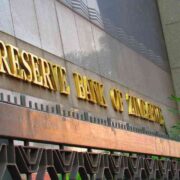
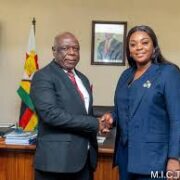
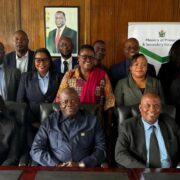
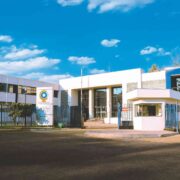


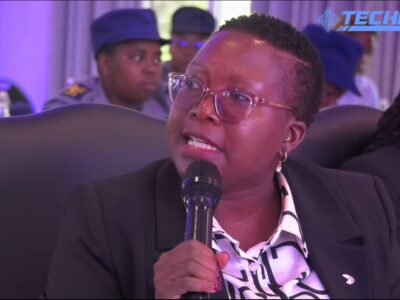
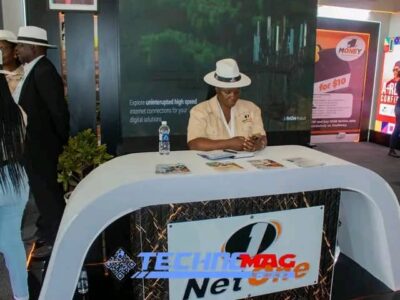



Comments